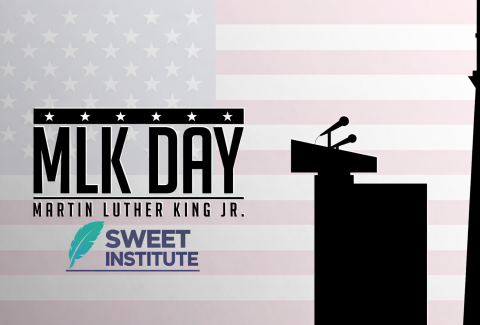The Power of the First Case — How One Client Changes Everything
Every clinician remembers their first case.
It’s not always the most intense. Not always the most tragic. But it’s the one that marks the beginning—the moment theory becomes practice, and knowledge becomes relationship. The first time a human being sits across from you with their story, their suffering, and their silent hope that you can help.
For many of the 50+ social workers featured in The Courage to Care, that first case was a turning point. It shaped their approach to the work. It challenged their assumptions. And, in many cases, it changed their lives.
When Training Meets Reality
As one clinician recalls: “I had just finished school. I knew the DSM; I knew the interventions—but I wasn’t prepared for this. He sat across from me and said, ‘If you don’t help me, I’m going to die.’ There was no textbook for that moment. Just presence. Just honesty.”
Another described a teenage girl who refused to speak for six weeks straight. “I would sit in silence with her every week, questioning myself, doubting everything. Then one day, out of nowhere, she said, ‘Thank you for not giving up on me.’ That moment taught me everything I needed to know about patience, safety, and trust.”
These early cases weren’t about mastery. They were about showing up. About listening deeply. About beginning to understand that social work isn’t just science—it’s sacred.
The Case That Shaped Their Calling
Several clinicians describe their first case as the moment they realized this wasn’t just a job. It was a calling.
One shared the story of a woman experiencing homelessness and psychosis. “She had been rejected so many times. When I said, ‘I believe you,’ she cried for the first time in months. I knew then that my role wasn’t to fix her—it was to walk beside her.”
Another described a child placed in foster care after surviving abuse. “I wanted to save her. I quickly learned that healing doesn’t come from saving. It comes from seeing. From believing in someone’s strength even when they can’t see it themselves.”
These cases taught humility. They taught boundaries. They taught love—the kind of love that holds space, that bears witness, that honors dignity even in despair.
The Weight and the Wonder
The first case often brings a heavy truth: You won’t always have the answers. And sometimes, you won’t get closure.
A clinician who worked in hospice described their first case as a lesson in presence. “My client was dying. There was no solution. My job was to be there—to hold their hand, to listen to their fears, to help them say goodbye.”
Another shared, “My first client disappeared after our third session. No goodbye. No explanation. For weeks, I blamed myself. Eventually, I realized the work isn’t about control. It’s about offering what you can, when you can, and trusting that it matters—even when you don’t see the outcome.”
These early lessons stay with clinicians for life. They become part of the fabric of who they are.
When the System Fails—and the Clinician Doesn’t
Some first cases reveal not just the pain of individual suffering, but the brokenness of the systems surrounding it.
One clinician remembered working with a mother of three who was denied housing due to past eviction history. “She was doing everything right. And still, the system said no. I spent weeks calling supervisors, writing letters, begging for exceptions.”
Another described a young man denied rehab because he didn’t meet the right insurance criteria. “He wanted help. He was ready. But the door was closed. I’ll never forget the look on his face when I told him.”
These moments shape a clinician’s advocacy. They remind us that social work is not just about the individual. It’s about systems, policies, and the persistent fight for justice.
A Lasting Imprint
Even decades later, clinicians still carry their first clients in their hearts.
One social worker said, “She was only nine, but she changed the way I understand trauma. She taught me that silence speaks, that behaviors are messengers, and that healing can begin with a single safe relationship.”
Another shared, “He used to say, ‘You’re the only one who listens to me without looking at your watch.’ That still guides my practice. Every client deserves time, attention, and presence.”
These are the moments that form the soul of the profession.
They are why this book exists.
The Courage to Care Honors the First Steps
The Courage to Care: Stories of Healing, Hope, and the Power of Social Work, you’ll meet dozens of clinicians who trace their origin stories back to that first case. Their narratives are raw, real, and deeply moving. They reveal the moment the work became more than work—it became identity. It became purpose.
These stories are not polished success tales. They are stories of uncertainty, of vulnerability, and of discovering the true essence of the profession: to care deeply and act courageously, even when the path is unclear.
Be Part of the Story
If you’ve ever wondered whether your presence matters…
If you’ve ever questioned your impact in the face of a broken system…
If you’ve ever walked with someone in their pain and walked away changed…
This book is for you.
And it’s coming soon.
Reserve Your Copy Today
The Courage to Care: Stories of Healing, Hope, and the Power of Social Work will be released soon on Amazon.
To receive updates, early access, and exclusive previews, sign up NOW
Together, let’s celebrate the first cases, the quiet courage, and the everyday heroes who continue to care—when it’s easy, when it’s hard, and when it changes everything.







